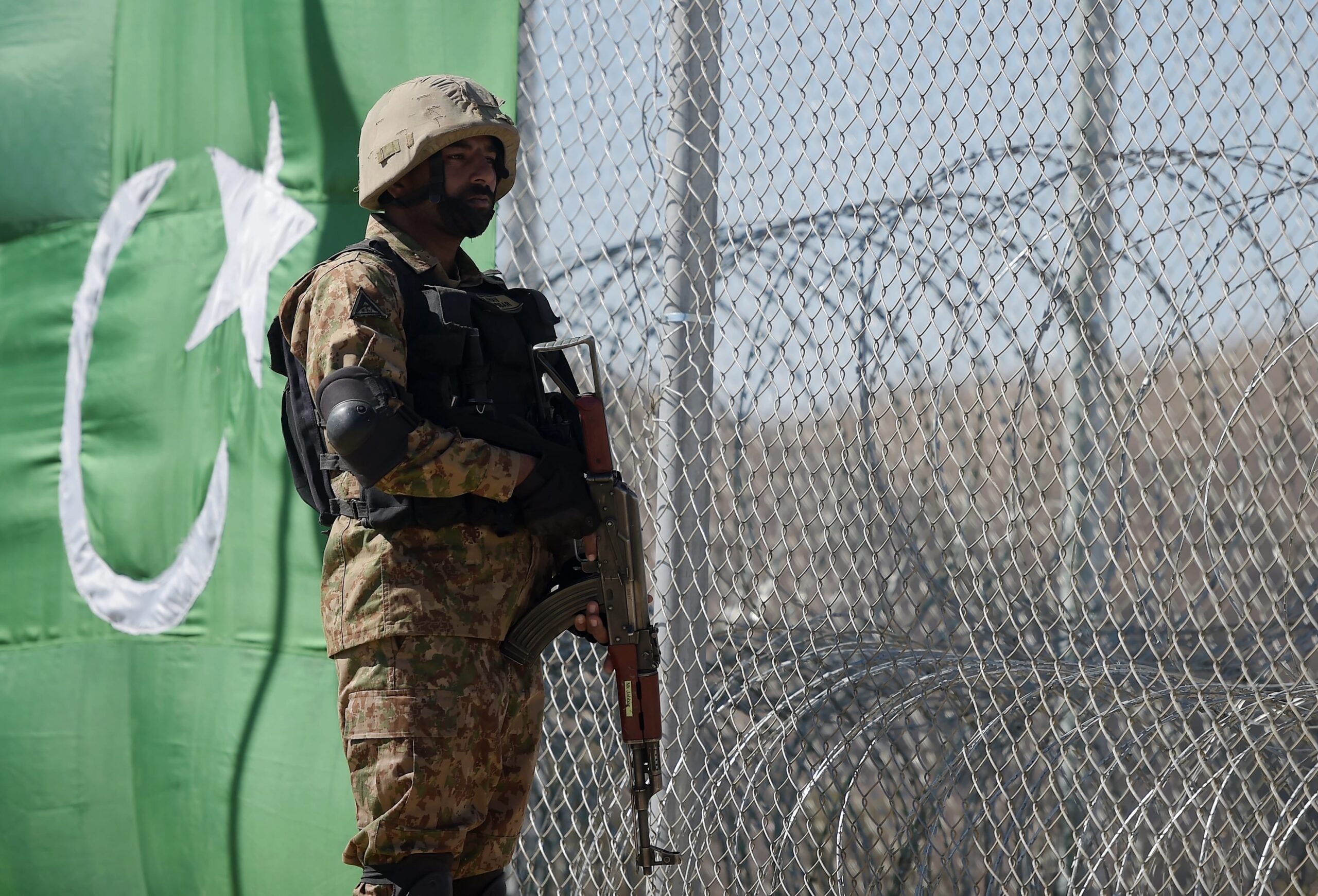
The recent clashes on the Durand Line between Pakistani and Afghan military forces have caught the attention of those who keep a close eye on cross-border terrorism. On December 28, 2024, the Afghan forces, along with Fitna Al Khawarij—Takhreek Taliban Pakistan (TTP), opened fire on Pakistan border forces. The incident happened when the negotiation to resolve the ethnic conflict between Shia and Sunni in Kurram Agency was initiated.
Although there is fake news from the interim Afghan government (I.A.G.) sides, claiming that Afghan forces attacked Pakistani forces in the Kurram area and exaggerating the losses from the Pakistan side, the fact is that only eleven soldiers were injured in the crossfire and Pakistan military troops have retaliated with effective precision. At the same time, there are fatalities and heavy losses from the Afghan side.
The immediate reason for the recent clashes is that Fitna Al Khawarij-TTP is using Afghan soil as a safe haven to attack Pakistan. In December 2024, about 16 soldiers were martyred in TTP attacks. Despite repeated concerns from Islamabad, the I.A.G. has not taken sufficient steps against the terrorist elements. In view of the deteriorating security law and order situation, the Pakistan Air Force targeted the hideouts of the terrorists based in Afghanistan, on which the Afghan authorities have expressed serious concern and opened fire towards Pakistan’s border along with the terrorist elements.
The unprofessionalism of the Afghan forces can also be estimated from the fact that TTP and Afghan forces engaged each other in fire due to uncertainty. Moreover, additionally, it is also reported that the TTP also shot down the helicopter of the I.A.G. Despite multiple requests from Pakistan to rein in Fitna Al Khawrij, the Taliban have once again sided with them against Pakistan.
Contextual factors explain the TTP-Afghan Taliban alliance. In the war on terror, when the Afghan Taliban were fighting against the United States and NATO, the TTP had declared a jihad against the state of Pakistan at that time. In Operation Zarb-e-Azb 2014, terrorist elements were eliminated from the Federal Administered Tribal Areas (FATA) and Waziristan, but some people went and settled in Afghanistan.
Now, TTP is demanding that I.A.G. join them in the so-called jihad against Pakistan, but ideologically, there is a rift between TTP and the Islamic Emirate of Afghanistan (I.E.A.). TTP, which is inspired by Al-Qaeda, believes in the deadly Takfir ideology and is the proponent of an expansionist goal. On the other hand, the Afghan Taliban is a de facto insurgent group and does not believe in Takfir and expansionist ideology.
Unless the I.E.A. reviews its rhetoric, its regime may be at risk. TTP has been declared a terrorist outfit on the global level, and if the I.A.G. does not refrain from supporting the non-state actors, it will create grave problems for itself.
In 2024, Pakistan experienced a surge in TTP attacks, resulting in significant military casualties and escalating insecurity. The military intensified anti-terror operations and mobilized intelligence-driven approaches. However, the relentless nature of TTP attacks makes peace elusive, exploiting areas with little or no governance or support. The violence continues to inflict heavy human tolls on security personnel and civilians, necessitating a stronger and integrated approach to bring peace to the region.
The Afghan government’s relations with the international community are strained due to ongoing human rights abuses in counter-terrorism operations. If the I.A.G. does not address Pakistan’s security concerns regarding the TTP, it might endanger the I.E.A.’s quest for international recognition. Because of this hesitation, Afghanistan may receive less support and cooperation in its battle against terrorism.
The Afghan Taliban’s objective might potentially exacerbate tensions, damaging regional peace and eroding the I.A.G.’s international reputation. To ensure regional stability and peace, Afghan authorities must take action against terrorism.
The I.A.G. must take significant action against the TTP or risk being perceived as an ally; alternatively, they will have to be confronted. The recent incidents have prompted a fast response, lest it result in even worse ramifications down the line. The Afghan government must establish stability mechanisms for the benefit of its inhabitants and the surrounding region.
